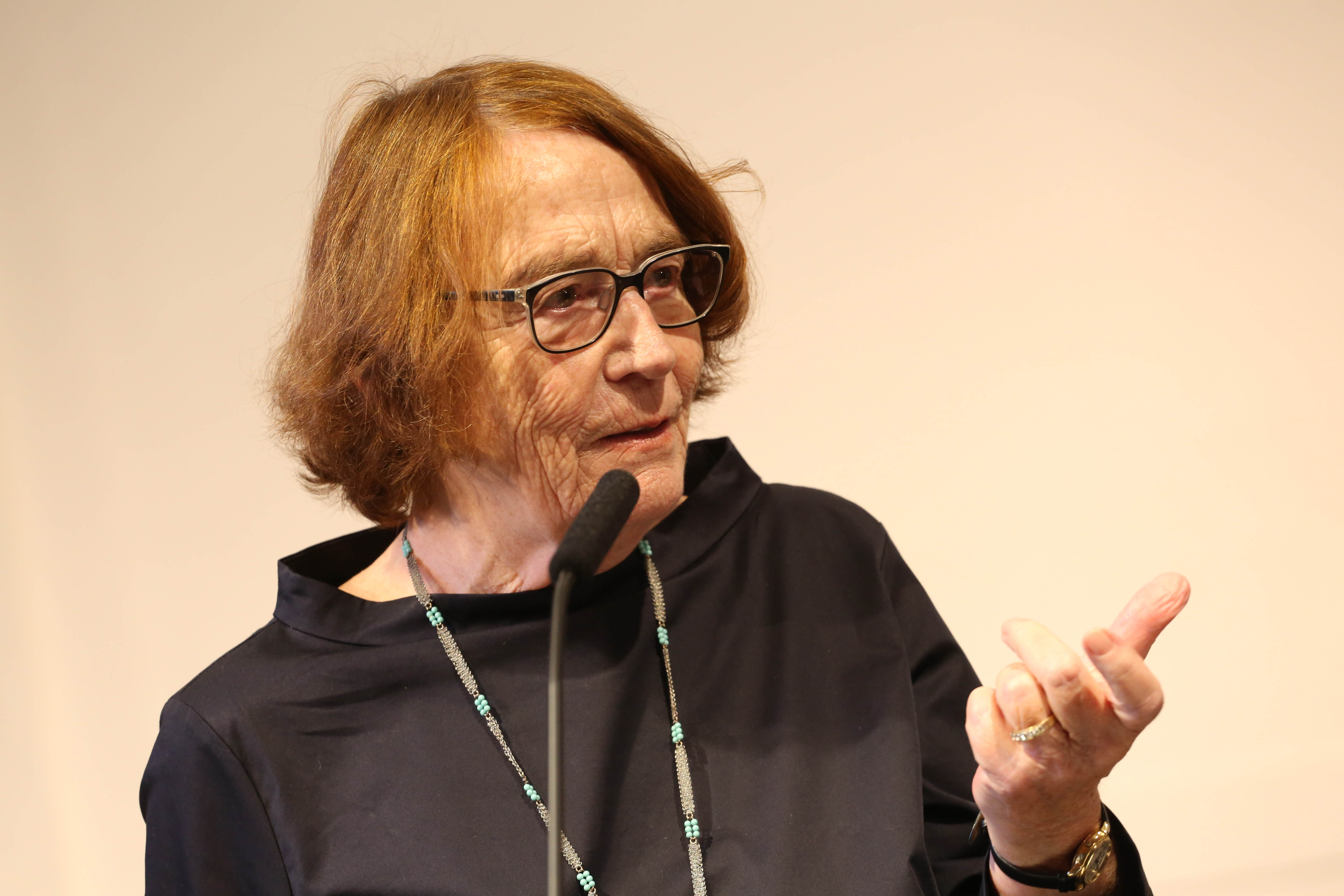Renate Welsh Dr. Chickensoup – „Wir haben jetzt, glaube ich, verstanden, was da los ist in diesem Buch“ – Unterrichtserfahrungen in der Sekundarstufe I (AHS)
Abstract
Renate Welsh’s 2011 published juvenile novel Dr. Chickensoup focuses on poverty as a daily challenge for a single mother and her child in contemporary Vienna. Julia, the 11-year-old main protagonist, tries to hide her critical financial family situation from her classmates and often has to take on adult responsibilities because her mother Melanie cannot cope with her single-parent’s role. Her grandmother and the elderly neighbour Mrs. Kronig fill in as “mother substitutes” whenever they see the girl being left to herself. With Marcel, whom Melanie meets in the subway, their lives start to change. He is without a job but not without dreams for a better life. Education becomes the key to new future perspectives. Even though the results of the Erfurt Study of 2003 convincingly states that 6-10-year-old children are not interested in realistic literature the book was chosen for a reading project with 11-year old pupils of a catholic private school in Graz, Austria. With the didactic approaches of dialogic learning (Dialogisches Lernen) and Heidelberg’s literary discussion format (Heidelberger Literarisches Gespräch) the pupils should be enabled to develop a subjective, emotionally driven approach to the text. Their self-chosen passages were taken as the starting point for the hardly structured discussion in class. The reading project started with their “dialogue” with the text, continued as a “dialogue” with their group members and was followed by a dialogue of the whole class in a plenary. The pupil’s discussions in class (small group and plenary format) were audio-taped and analysed. The innovative didactic principles empowered them to come to complex and well reflected conclusions about the literary text.


